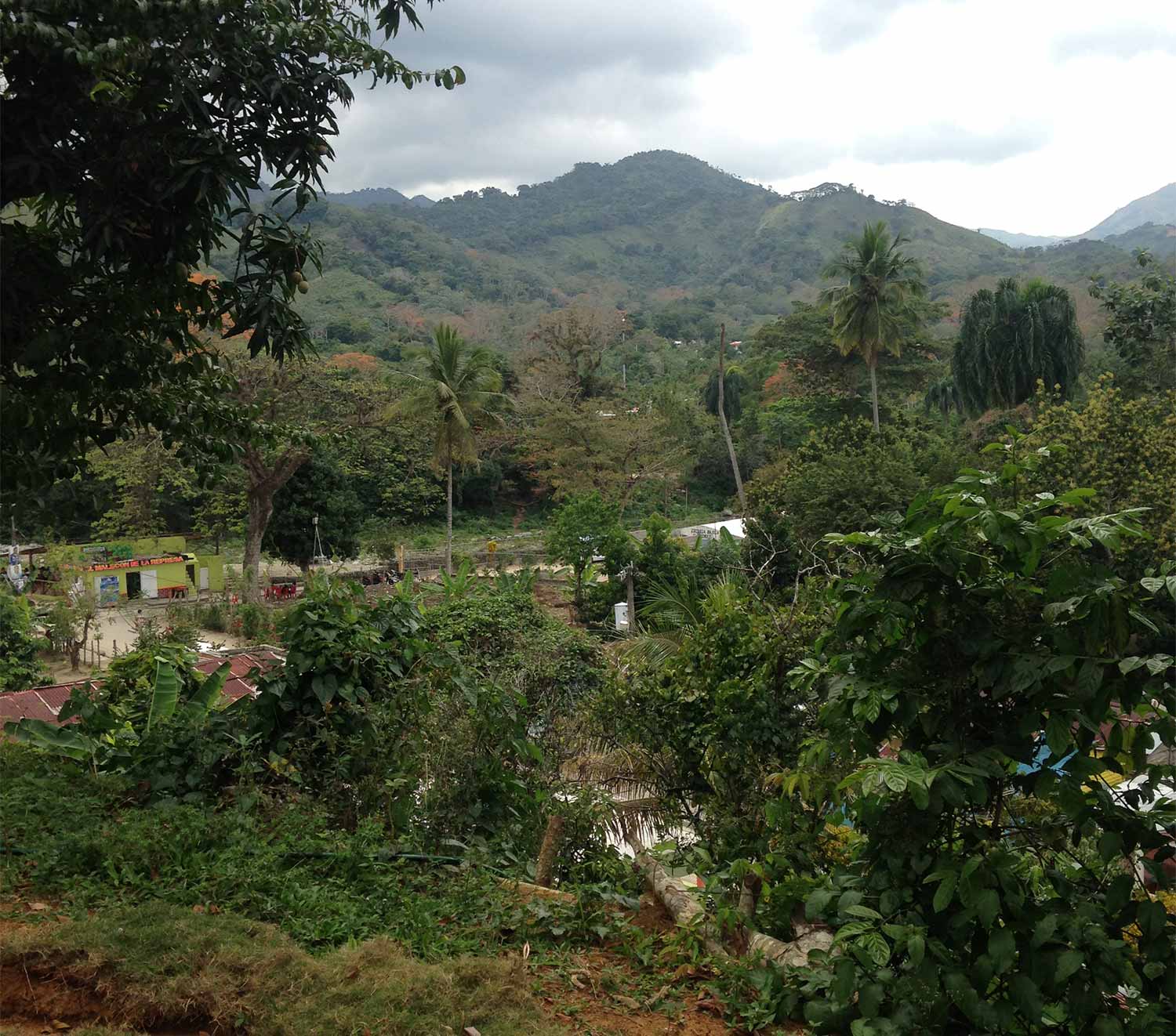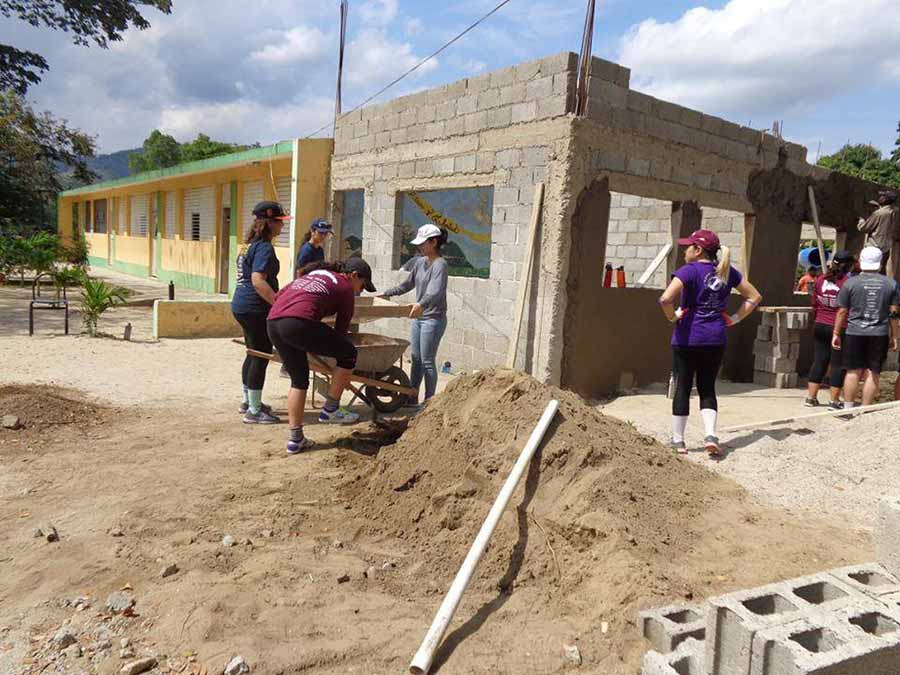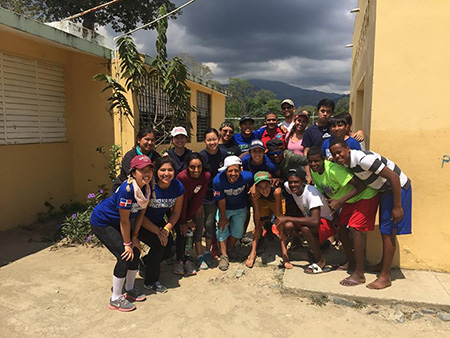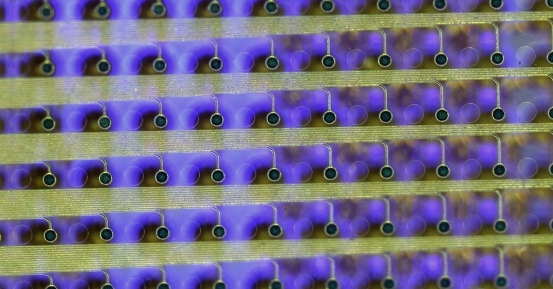
This Service for Peace ‘Alternative Break’ Helped Build a School – and Lifetime Commitments
Published Date
By:
- Paul K. Mueller
Share This:
Article Content

The Alternative Breaks students served the small town of El Cidral in the Dominican Republic.
Note: The Alternative Breaks (AB) program provides service and learning trips – which may be local, national or international – that combine a focus on social-justice issues with direct service, and are designed to have lasting positive benefits for both the communities served and the students who serve them.
Ryan Crawford, Community Service Program Coordinator at the Center for Student Involvement at UC San Diego, helped arrange the “AB Peace” trip to the Dominican Republic described below.
By Itzel Gonzalez and Justin Abadejos writing for their team
Alternative Breaks for students are local, domestic, and international trips that combine a focus on social justice with strong direct service, and are meant to have a lasting positive impression on the communities served and the students who serve them.
While that definition gives you a general idea of what our student organization does, it doesn’t entirely describe the experience. To do that, we’ve collected the impressions below.
The Alternative Breaks experience – so much more than a simple service trip -- reaches far into the depths of the minds of participants. When people ask what your trip is about or what kind of service you will be doing, you give them just “a toe in the water” of what goes on behind the scenes.
Our trip this year and the entire year-long experience was nothing short of amazing and exceeded the expectations of all 12 of us.

Students work with citizens to expand the school.
Our AB experience started in the fall. As Service Leaders, we framed what we wanted our trip to look like, what community partner/non-profit organization we wanted to work with, what social-justice issues we wanted to tackle and, most important, how we would build our team.
We decided on a Spring Break trip partnering with the non-profit organization Service for Peace to a rural community in the Dominican Republic known as El Cidral.
We decided to tackle the social-justice issues of youth empowerment, education, and community development by helping to build a local school; specifically, building a computer lab as partners with the citizens of El Cidral.
The entirety of the Fall and Winter quarters consisted of weekly meetings that emphasized various subjects such as learning about our social-justice issue and how that applies to our trip; orienting ourselves to our community partners and the community of El Cidral to the best of our abilities; and essentially preparing ourselves for what we were to expect in El Cidral, so we could hit the ground running once we arrived and do as much as we could for that community in the short week we had there.
The Spring Break trip itself and the actual service and community we worked in, we could have never prepared for.
El Cidral (and the Dominican Republic itself) was a place of such different cultural, societal, and economic development that we what we saw was stark, indeed.
El Cidral itself was a community with very few resources -- there was one clinic that operated periodically, running water was sparse, electricity was limited, and the school was the only one for miles around.

UC San Diego students pose with friends they made in El Cidral.
But the people there were happy. They did not have the luxuries that we take for granted, and the resources they had were limited, but the entire community was a family, they looked out for each other, and in the time we were there they integrated us into that family and gave us relationships and a family there that we hold dearly to our hearts even now.
The service itself was hard, manual labor. We built two rooms -- one that would house the computer lab, and one that would function as a principal's office so they could turn the former office into a library.
We moved a lot of dirt, we mixed and poured a lot of cement, we worked side-by-side with El Cidral’s boys and men who were experienced in construction to bring these buildings up from nothing.
By the end of the week, the 12 of us and our community partners saw our hard work come to fruition as the roof was put on the buildings we made. Seeing something tangible like that, and the potential it had to help this community, we realized that many possibilities could arise from similar work elsewhere.
The boys who helped us to do service were the real leaders in this community. There were seven of them, aged 14 through 18, and they were the hardest-working teenagers we have ever laid our eyes on.
They loved the idea of service and they loved working with us. They wanted to start up their own service organization to unite the children of El Cidral under a unified group that would work to develop their community.
They were the future of that community and they wanted to play in a part of its well-being, and that showed us just how much power there can be in motivated youths.
They asked for our advice as to how they should start, so we had a meeting. Almost 30 children, aged 8-18, showed up. We helped them name their organization and define the foundation and mission of their group, aware of how motivated these kids were.
Through the help of Service for Peace they were motivated to make their community a better place, to step out of their lives of uncertainty, trouble, and sometimes even crime and work together to do something bigger than themselves.
Those kids embody a quote by Margaret Mead that our organization often cites: "Never doubt that a small group of thoughtful, committed citizens can change the world; indeed, it's the only thing that ever has.”
We still talk about the diverse and interesting things we did in El Cidral, the sometimes astonishing things we saw, the beaches we played on, the river we bathed in every day, the wonderful food we ate, the troubles we had with bugs, the lack of western luxuries, and so much more.
But the community itself, the family we built there, the children and their passion for service and commitment to each other, the eyes that we have opened, the perspectives we have changed, the connections we built and the experiences we shared are what we will keep with us in our hearts for the rest of our lives.
We cannot thank the community of El Cidral enough. We also thank Service for Peace for giving us so much more than we could have given them in our week of service.
We honor and value the lessons we've learned, and the memory of people we've met will push us to remain active, conscious, global citizens.
Share This:
You May Also Like
Stay in the Know
Keep up with all the latest from UC San Diego. Subscribe to the newsletter today.


